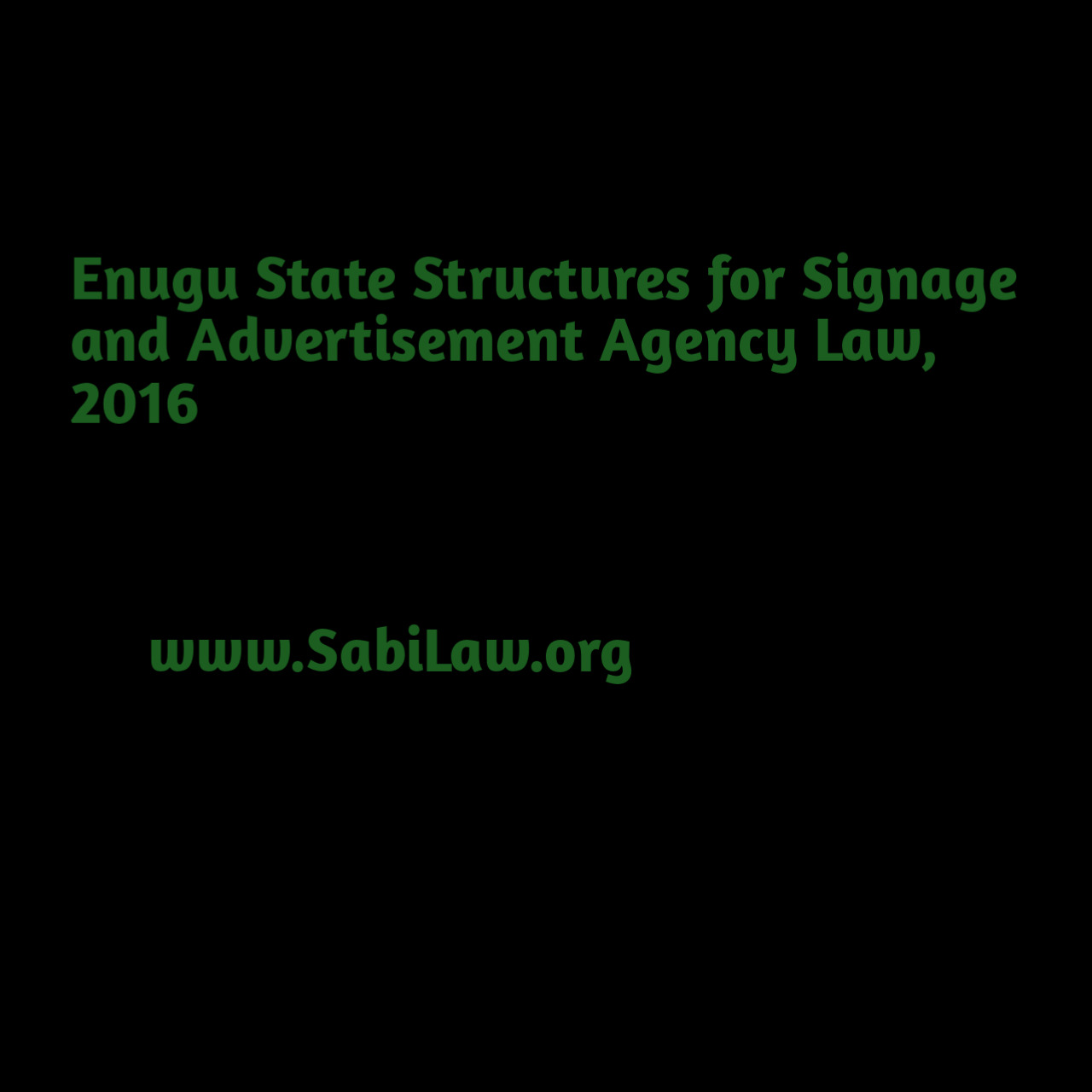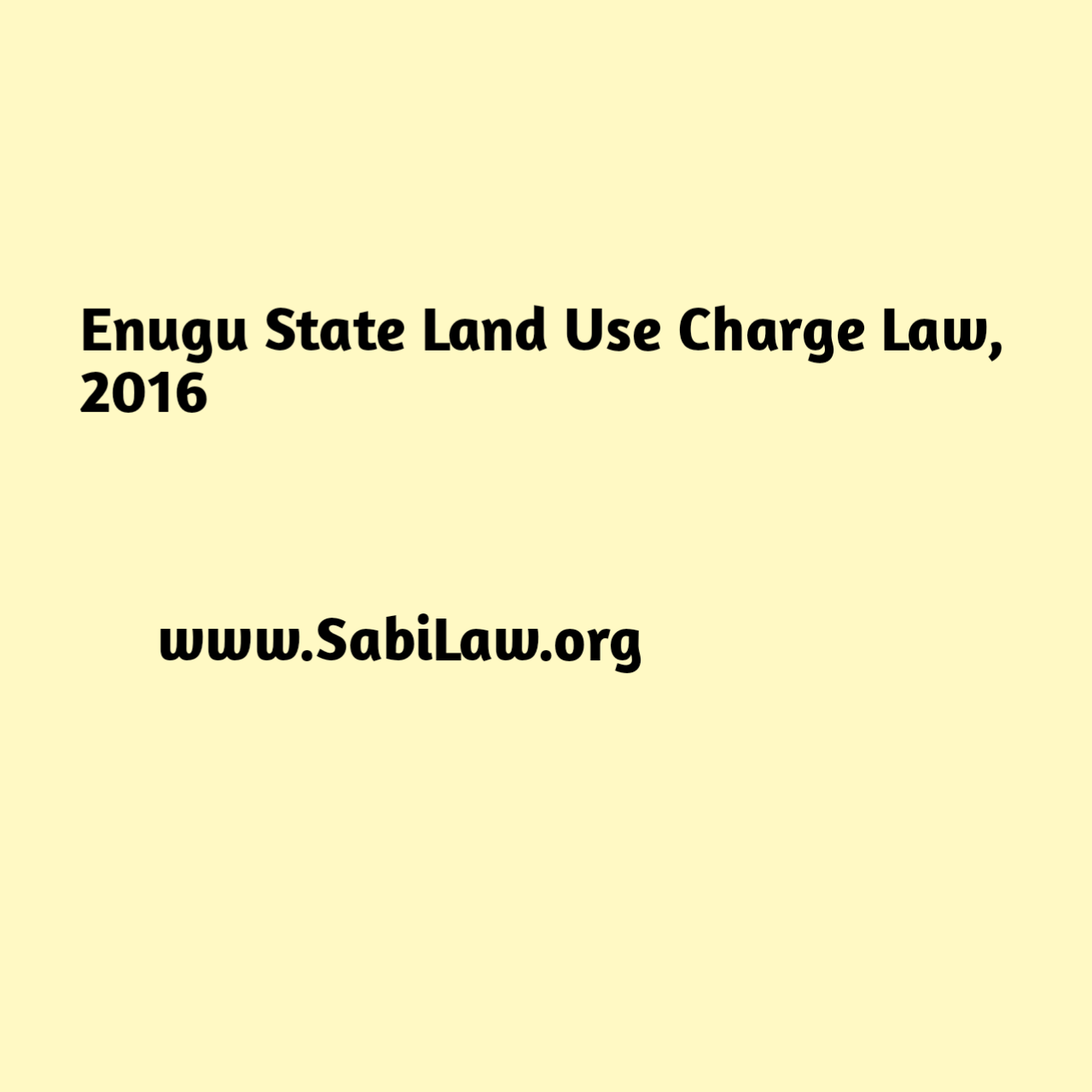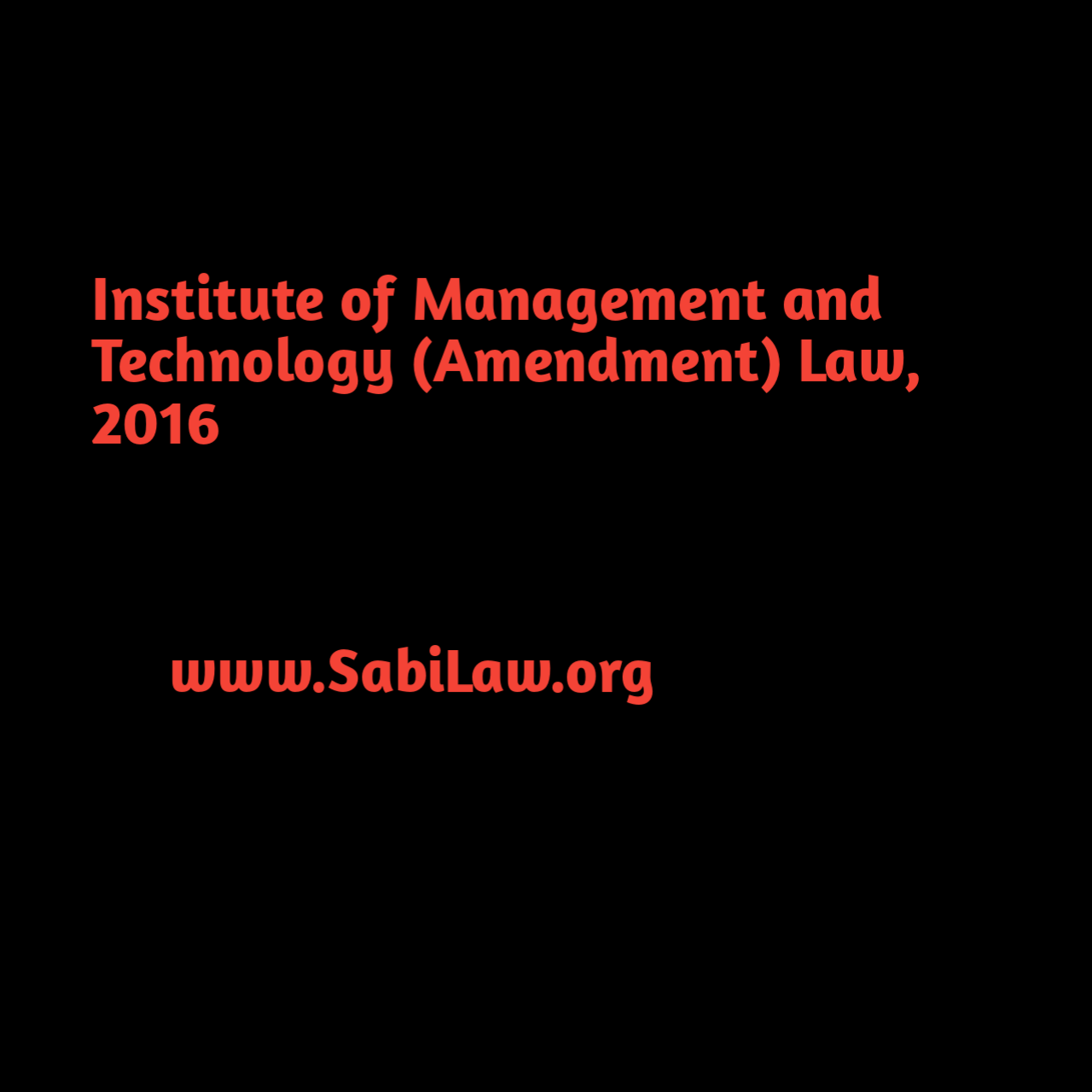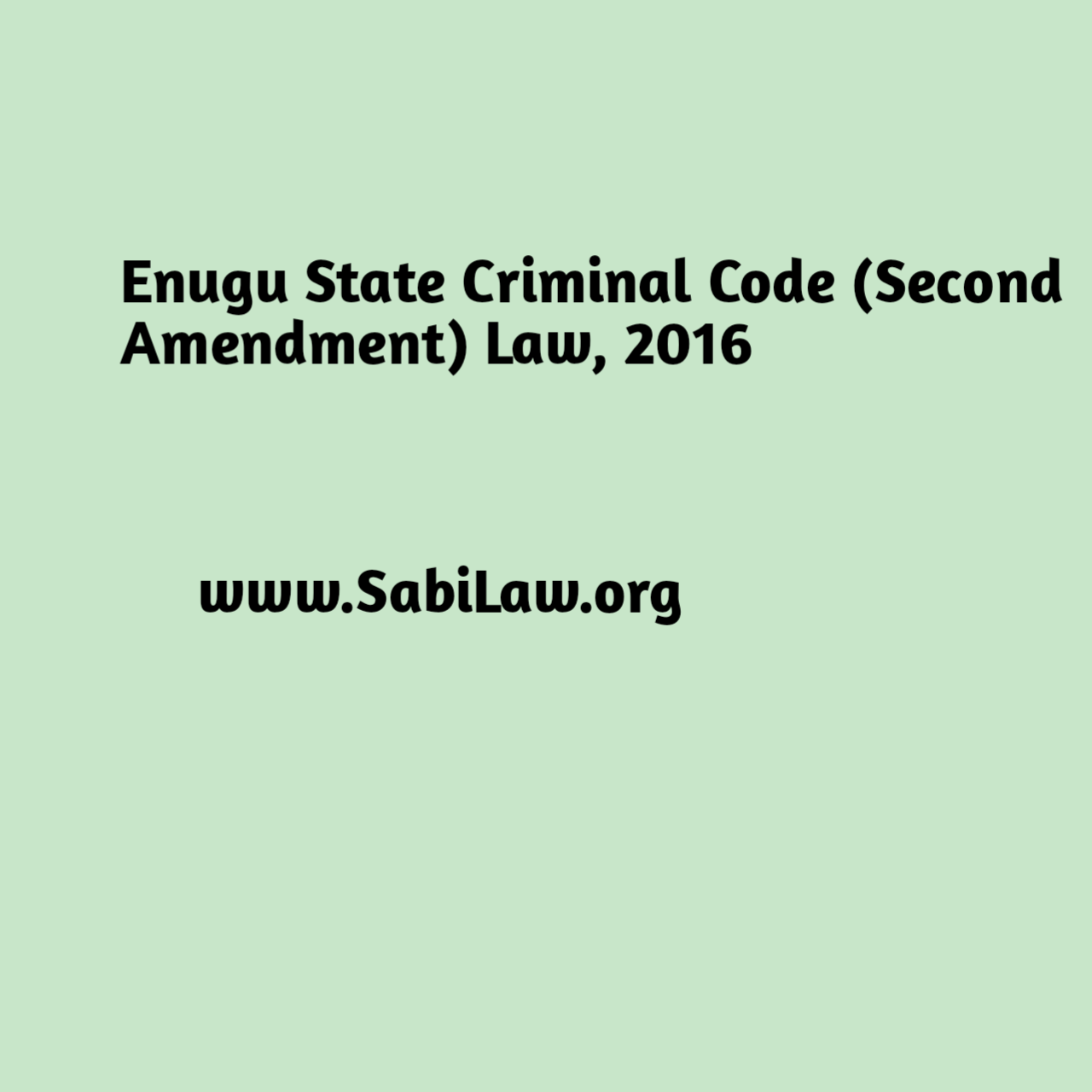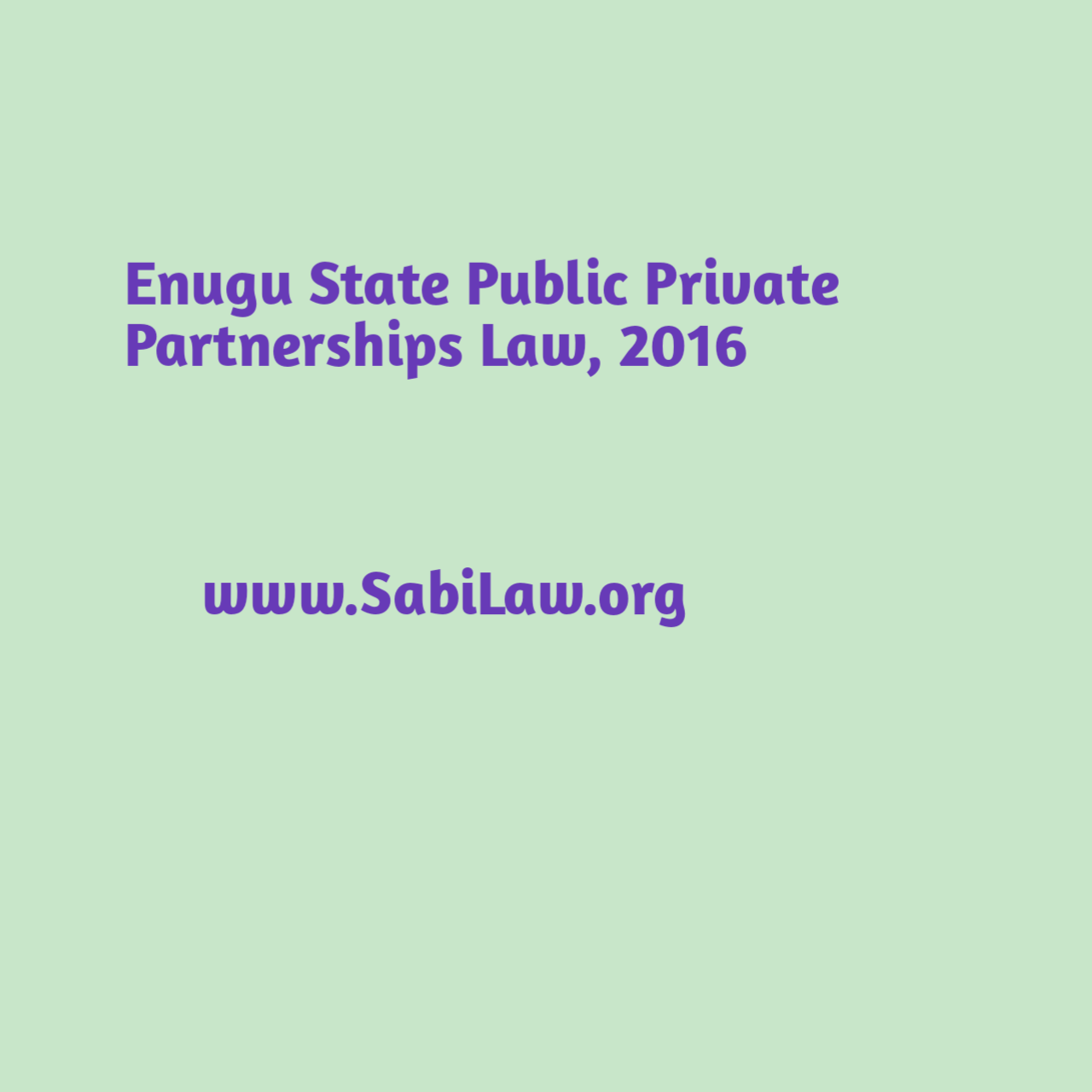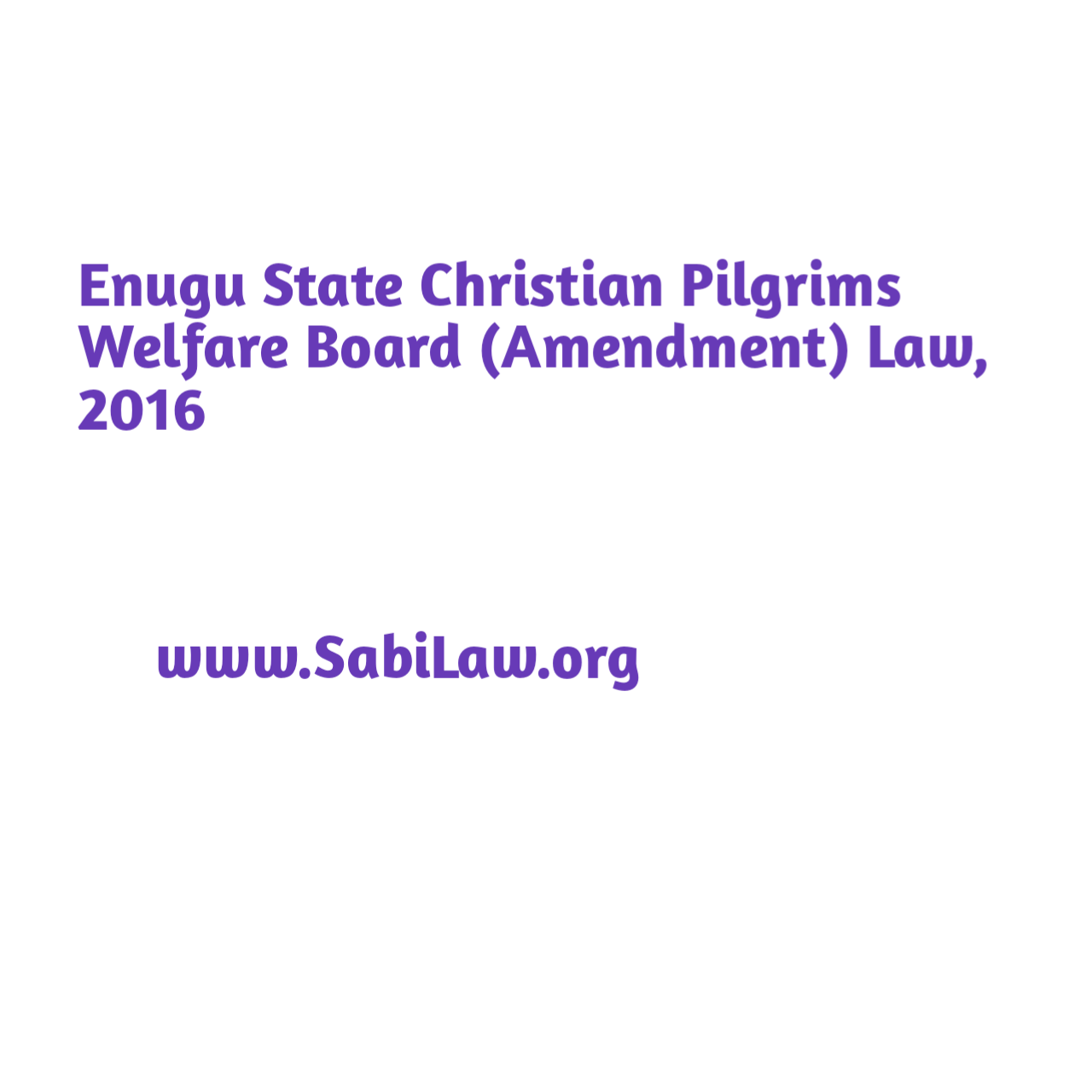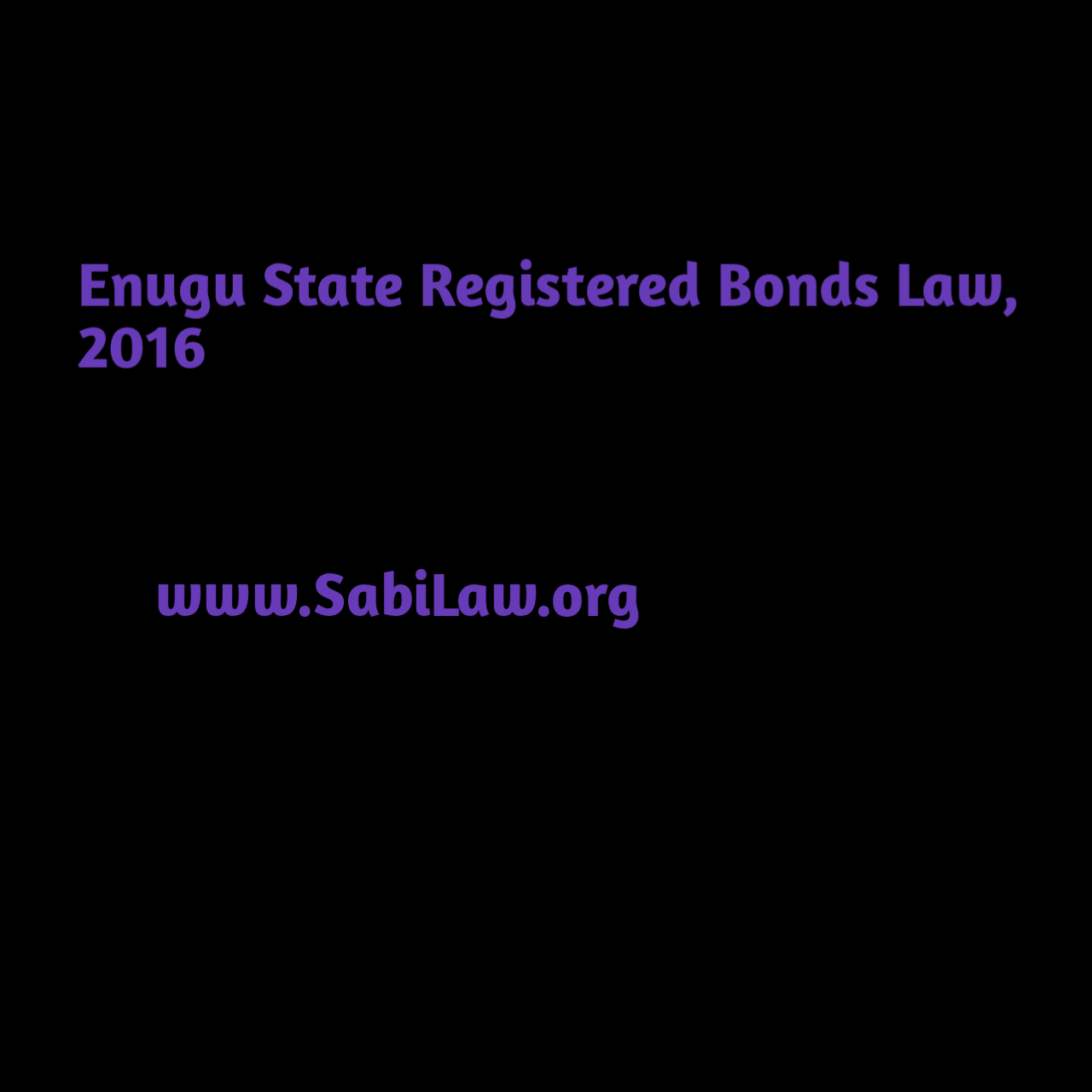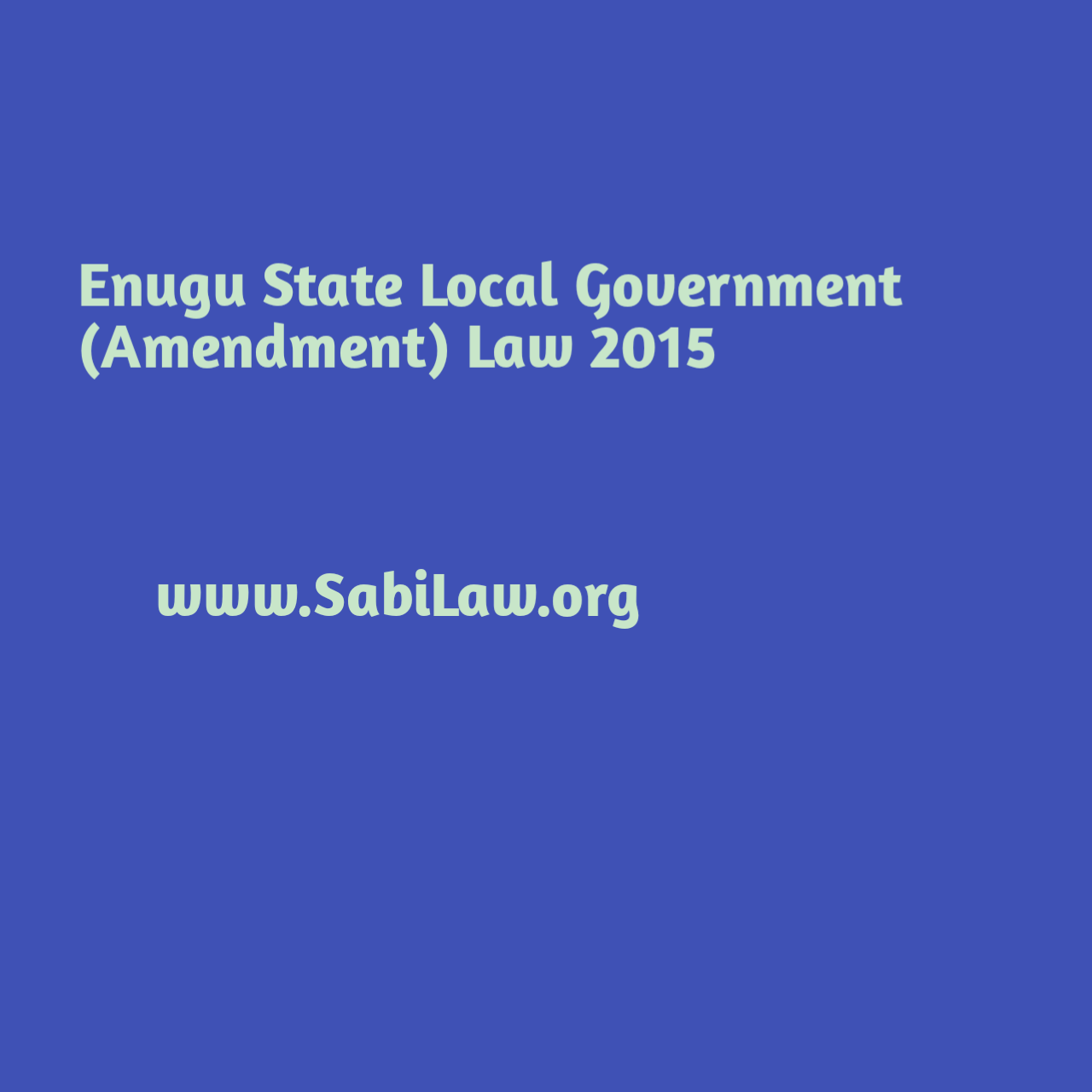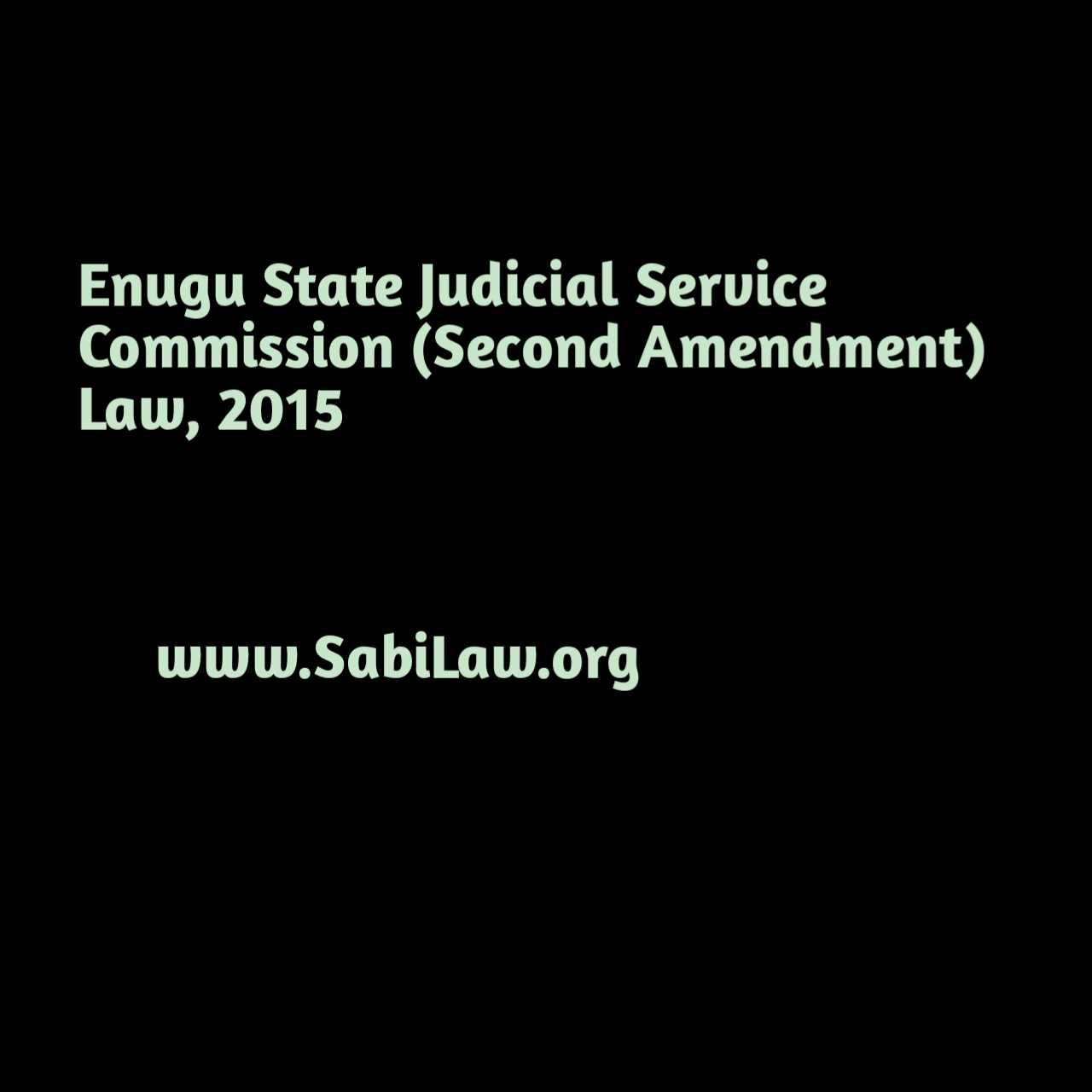Who Is My Landlord?
By Fijero Ogheneare
Continuing from the last sub-part, citizens of Nigeria have a right to acquire and own immovable property anywhere in Nigeria, under section 44 of the 1999 Constitution of Nigeria. This remains our topical focus for this fourth part of the Know Your Right’s Series. Howbeit, the right to acquire and own immovable property anywhere in Nigeria extends to some categories of persons and entities who may not exactly fit into the definition of citizens.
The first additional category of beneficiaries of the right to acquire and own immovable property anywhere in Nigeria, are Juristic Persons. As the name implies, juristic persons are persons created by law. The term ‘Juristic’ is literally translated as an ‘offspring’ or ‘near relation’ to law. In other words, juristic persons are entities, bodies, companies, associations, corporations, firms, unions, or other organisations clothed with legal personality and are entitled to such rights and duties that a natural or human person may enjoy (with certain exceptions). For this reason, it is commonplace to see landed properties in Nigeria owned and managed by companies rather than the owners or shareholders of the company. A good example is Dangote Plc., which owns several hectares of land in Nigeria.
IorganisationsIorganisations to note also, that non-governmental organisations, and religious associations also have the right to acquire and own immovable property in Nigeria, albeit through their incorporated trustees. For this reason, scores of Christian and muslim organizations own acres and hectares of land within the borders of Nigeria. A few examples are the Ansar-Ud-Deen muslim society of Nigeria, which owns several acres of land across the 36 states of Nigeria, the Redeemed Christian Church of God (RCCG) which has acquired landed properties in every state in the Federation, and the Living Faith Church (aka Winners Chapel), whose present international headquarters sits on roughly 600 acres of land in the suburb of Lagos, acquired and owned by the Church.
Aside from juristic persons, which encompasses a wide spectrum of entities, Foreigners may also enjoy the right to acquire and own immovable prooerty anywhere in Nigeria. However, their ability to enjoy this right is largely circumscribed by stringent rules and regulations imposed by the Government to prevent excessive foreign dominance or control. Let me quickly state, that by foreigners, the law not only means individuals, but foreign corporate bodies as well. This means that foreign institutions may also acquire and own immovable property anywhere in Nigeria, subject to the laid down rules and procedures. Here is a brief run-down of the conditions to be met by foreigners (individual or corporate bodies), before acquisition of immovable property in Nigeria:
- Approval by the State Governorl to acquire interest in the said property.
- Execution of a duly registrable instrument as evidence of the transaction.
After all said and done, the foreigner is only permitted by law to acquire a renewable leasehold interest of not more than 99 years, 90 years, or 25 years depending on the State and Region of the Federation where the property is situated.
Lastly, another additional category of beneficiaries of the right to acquire and own immovable property anywhere in Nigeria, are International Organisations. International Organisations such as the United Nations (UN), the Organisation of African Countries (OAU), and the Economic Community of West African States (ECOWAS) reserve the right to acquire and own immovable property anywhere in Nigeria. Importantly, this benefit only accrues to international organizations of which Nigeria is a member of, and not contrariwise.
Although not entirely exhaustive, these are the main beneficaries of the right to acquire and own immovable property anywhere in Nigeria guaranteed under Section 44 of the 1999 Constitution of Nigeria. In the next sub-part, we will examine the legal exceptions to this right, specifically as it relates to citizens of Nigeria. Till next time,
KNOW YOUR RIGHTS SERIES (PART 4B)
****************************************************************************************
This work is published under the free legal awareness project of Sabi Law Foundation (www.SabiLaw.org) funded by the law firm of Bezaleel Chambers International (www.BezaleelChambers.com). The writer was not paid or charged any publishing fee. You too can support the legal awareness projects and programs of Sabi Law Foundation by donating to us. Donate here and get our unique appreciation certificate or memento.
DISCLAIMER:
This publication is not a piece of legal advice. The opinion expressed in this publication is that of the author(s) and not necessarily the opinion of our organisation, staff and partners.
PROJECTS:
🛒 Take short courses, get samples/precedents and learn your rights at www.SabiLaw.org
🎯 Publish your legal articles for FREE by sending to: eve@sabilaw.org
🎁 Receive our free Daily Law Tips & other publications via our website and social media accounts or join our free whatsapp group: Daily Law Tips Group 6
KEEP IN TOUCH:
Get updates on all the free legal awareness projects of Sabi Law (#SabiLaw) and its partners, via:
YouTube: SabiLaw
Twitter: @Sabi_Law
Facebook page: SabiLaw
Instagram: @SabiLaw.org_
WhatsApp Group: Free Daily Law Tips Group 6
Telegram Group: Free Daily Law Tips Group
Facebook group: SabiLaw
Email: lisa@sabilaw.org
Website: www.SabiLaw.org
ABOUT US & OUR PARTNERS:
This publication is the initiative of the Sabi Law Foundation (www.SabiLaw.org) funded by the law firm of Bezaleel Chambers International (www.BezaleelChambers.com). Sabi Law Foundation is a Not-For-Profit and Non-Governmental Legal Awareness Organization based in Nigeria. It is the first of its kind and has been promoting free legal awareness since 2010.
DONATION & SPONSORSHIP:
As a registered not-for-profit and non-governmental organisation, Sabi Law Foundation relies on donations and sponsorships to promote free legal awareness across Nigeria and the world. With a vast followership across the globe, your donations will assist us to increase legal awareness, improve access to justice, reduce common legal disputes and crimes in Nigeria. Make your donations to us here or contact us for sponsorship and partnership, via: lisa@SabiLaw.org or +234 903 913 1200.
**********************************************************************************












































